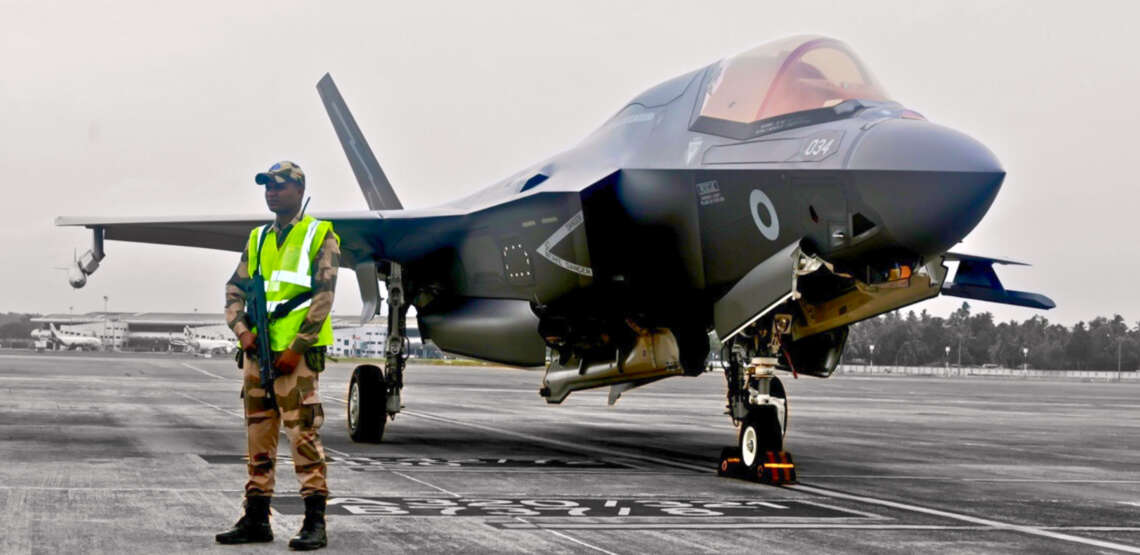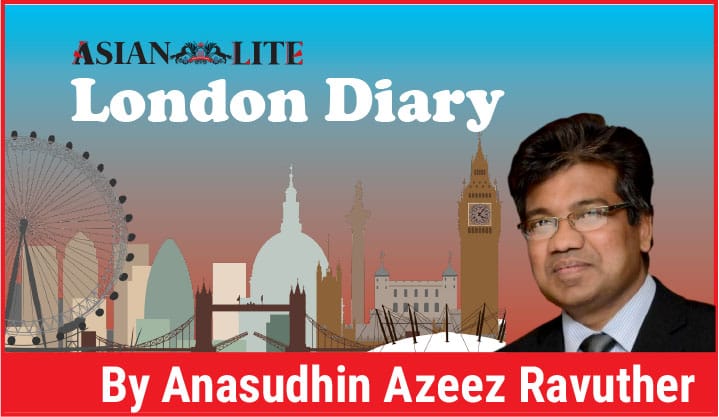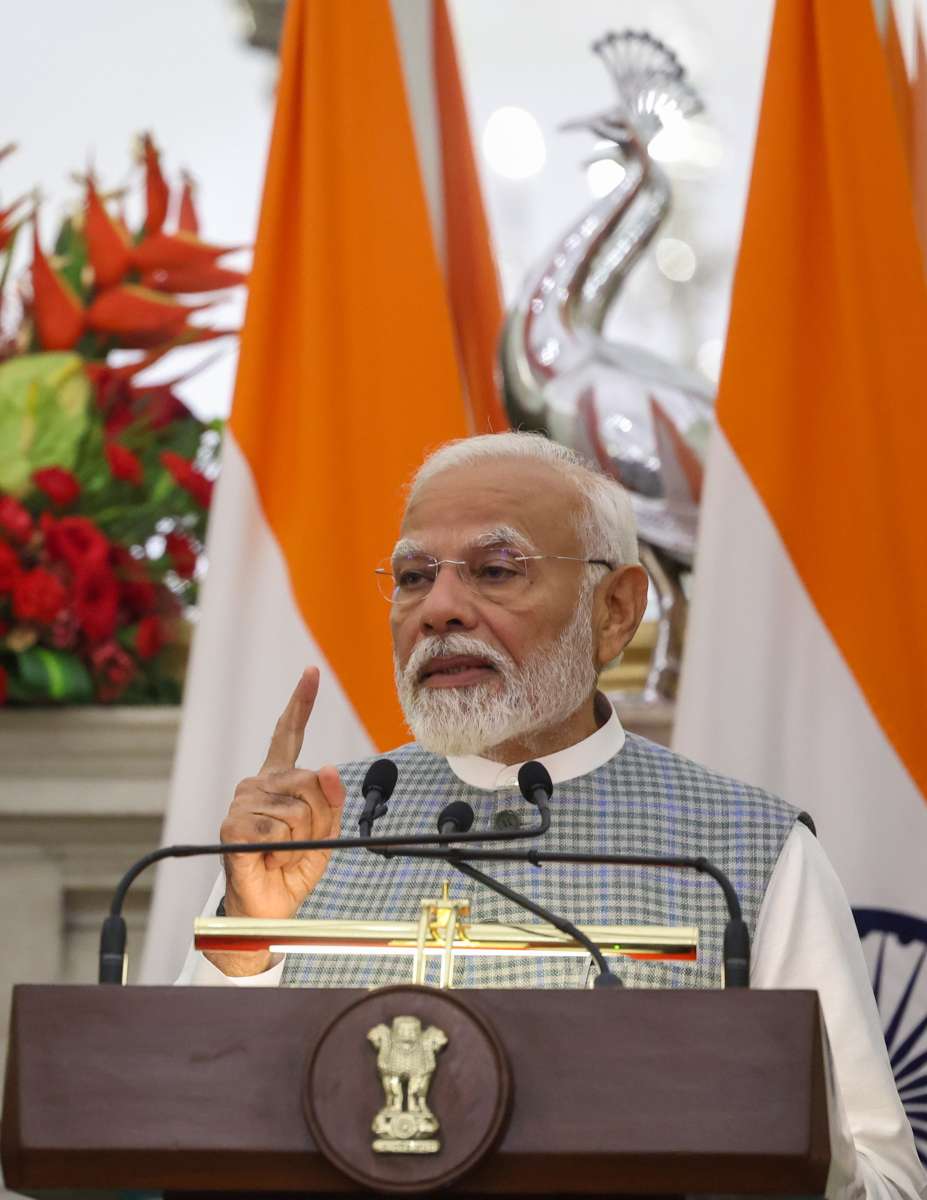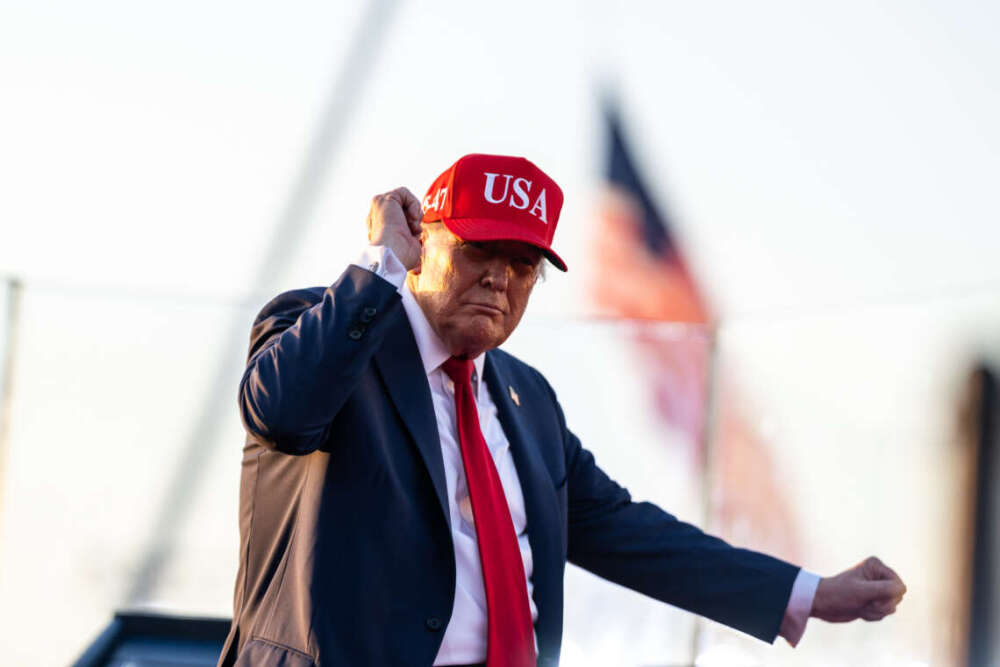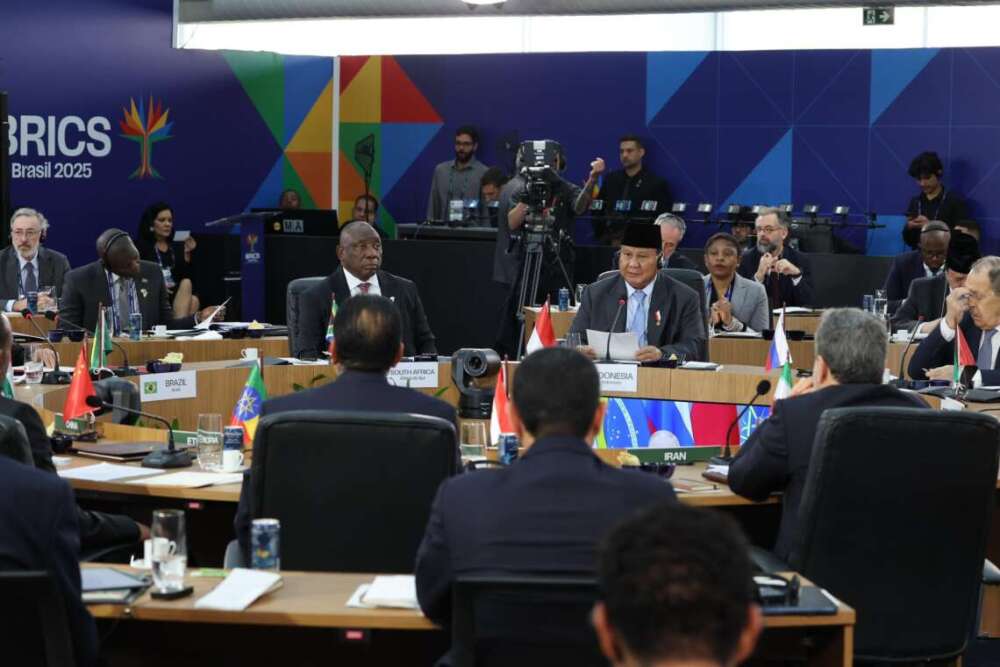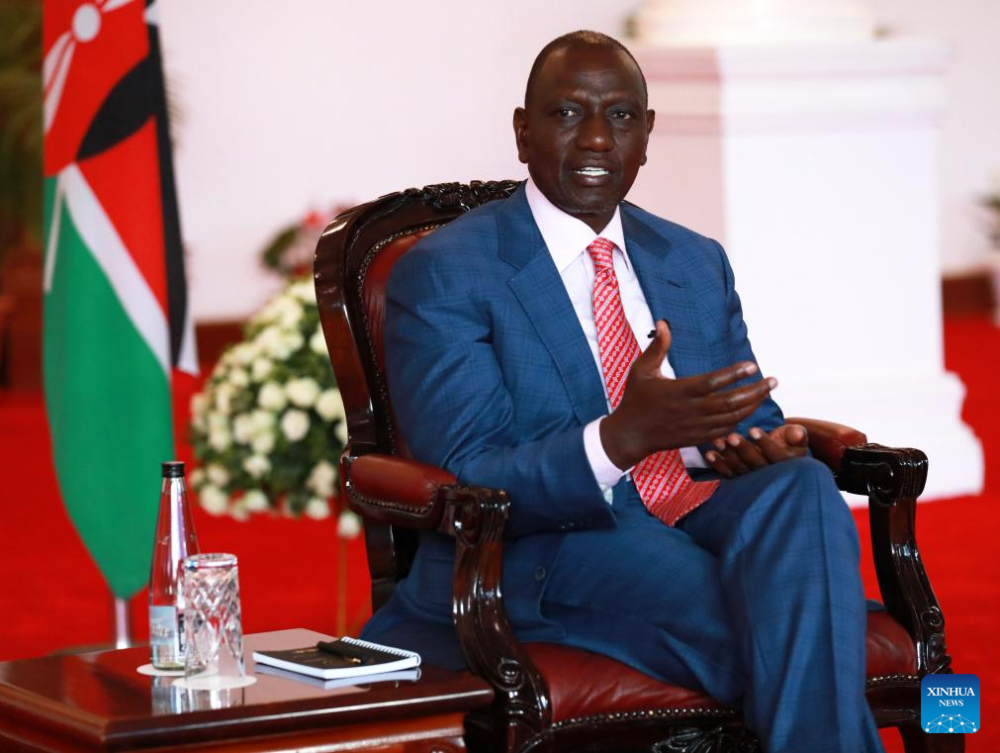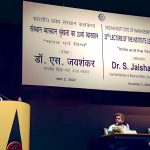The treaty warrants the two sides to meet once a year, alternately in India and Pakistan. …reports Asian Lite News
Security has been increased outside the hotel where the visiting delegation from Pakistan is staying in Jammu.
The delegation which arrived in India on Sunday evening in connection with the 1960 Indus Water Treaty is scheduled to visit Kishtwar to see the Dam sites.
The Indus Waters Treaty was signed between then Prime Minister Jawaharlal Nehru and former Pakistan President Ayub Khan in 1960 with the World Bank as a signatory to the pact.
The treaty warrants the two sides to meet once a year, alternately in India and Pakistan. However, the 2022 year’s meeting scheduled to be held in New Delhi was cancelled in view of the COVID-19 pandemic.
The last meeting was held in March 2023.
It sets out a mechanism for cooperation and information exchange between the two countries regarding their use of the rivers, known as the Permanent Indus Commission which includes a commissioner from each of the two countries. It also sets out a process for resolving so-called “questions”, “differences” and “disputes” that may arise between the parties.
The Permanent Indus Commission (PIC) is a bilateral commission of officials from India and Pakistan, created to implement and manage the goals of the Indus Waters Treaty of 1960, brokered by the World Bank.
It comprises the Indus Commissioners from both sides and discusses technical matters related to the implementation of the treaty.
India and Pakistan have engaged in a long outstanding water dispute over two hydroelectric projects.
Pakistan has objected to the building of the Kishanganga (330 megawatts) and Ratle (850 megawatts) hydroelectric plants by India, saying that it violates the provisions of the treaty. India insists on its right to build these projects and holds that their design is fully in compliance with the guidelines of the treaty.
The World Bank had asked both countries to consider alternative ways to resolve their disagreements over the Indus Water Treaty Dispute in 1960.
In 2015, Pakistan requested the appointment of a Neutral Expert to examine its technical objections to India’s Kishenganga and Ratle Hydro Electric Projects (HEPs). In 2016, Pakistan unilaterally retracted this request and proposed that a Court of Arbitration adjudicate its objections.
Pakistan, despite repeated efforts by India to find a mutually agreeable way forward, has refused to discuss the issue during the five meetings of the Permanent Indus Commission from 2017 to 2022. (ANI)
ALSO READ: Srinagar recognised as ‘World Craft City’



